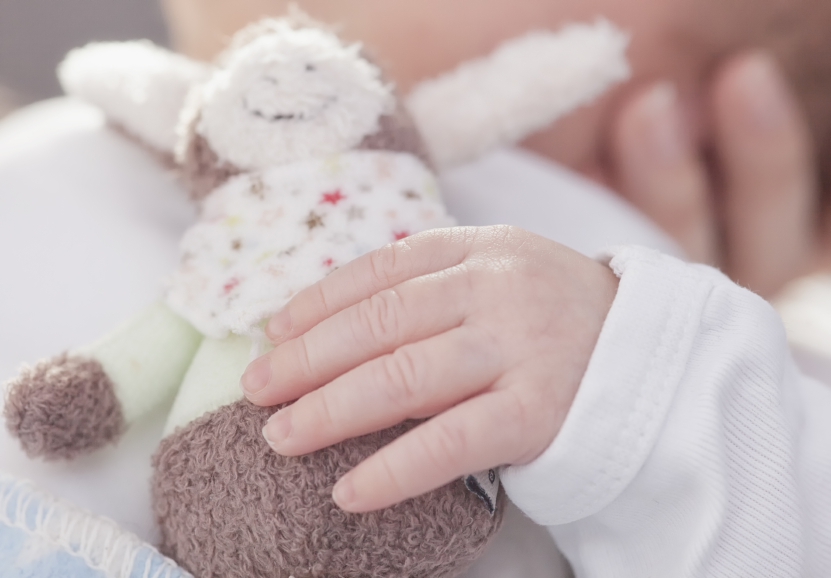
Spina bifida is a condition caused by a neural tube defect. It happens when an embryo’s spine does not fully develop in the womb. This means that the arches of bone which make up the spine do not fully close as they should. This leaves a gap in the spinal column and possibly in the spinal cord itself.
There are varying degrees of severity when it comes to spina bifida. In the most serious cases there is significant damage to the spinal cord. Sufferers can be left vulnerable to a whole range of life-threatening infections. In cases of spina bifida occulta, the most common form, there are few obvious symptoms. Sufferers may even be unaware that they have it, although some may experience bladder or bowel problems and weakness in their legs.
Common symptoms
Symptoms of spina bifida can vary, but commonly include mobility problems such as leg weakness, problems with bladder and bowel control. There’s also issues relating to hydrocephalus, or excess fluid on the brain.
Mobility symptoms can be severe. In the worst cases those suffering from the condition will experience paralysis in the lower limbs. They may require a wheelchair or other mobility aids. Because the leg muscles are not used regularly, they can become weakened and lead to further mobility problems.

Managing The Condition
In babies born with spina bifida and at risk of infection, surgery to repair the spine may be advised. This is usually within 48 hours of birth.
In older children diagnosed with the condition, intensive physiotherapy is often used. This helps maintain mobility and reduce the risk of muscle wastage. This is often accompanied by occupational therapy. This helps find ways for the sufferer to continue carrying out everyday activities and lead as normal a life as possible.
Often there will need to be adjustments to the home and mobility aids to help a sufferer carry on their normal life. These could include crutches or wheelchairs, and stairlifts such as those provided by UK Stairlifts.
With both straight stairlifts and curved stairlifts available, fitting the correct stairlift in a family home can help spina bifida sufferers gain greater control over their mobility. For more information and guidance on choosing the right stairlift, please get in touch with us today.
Read our other condition spotlights:

